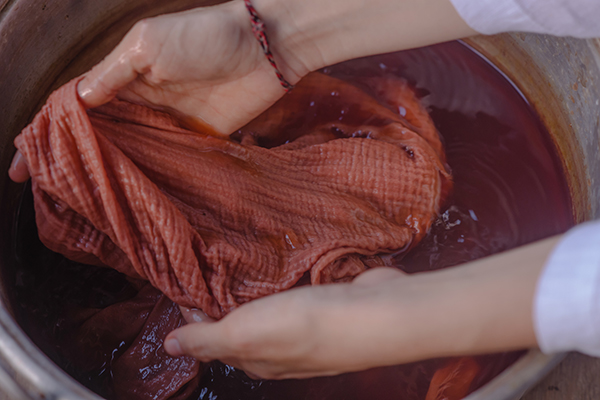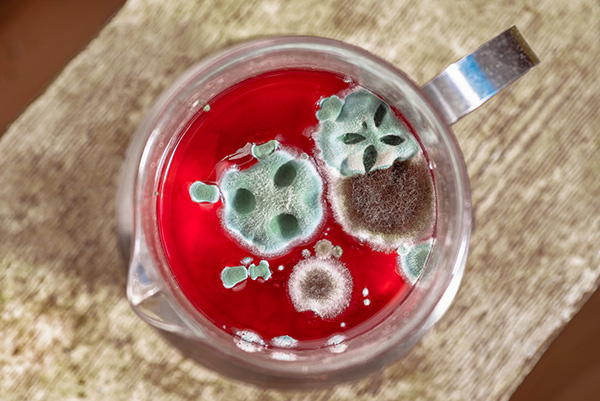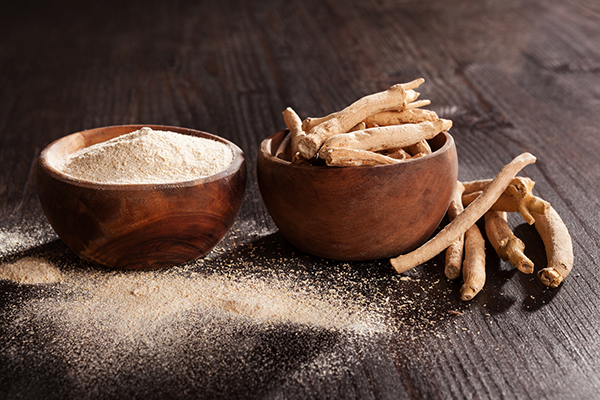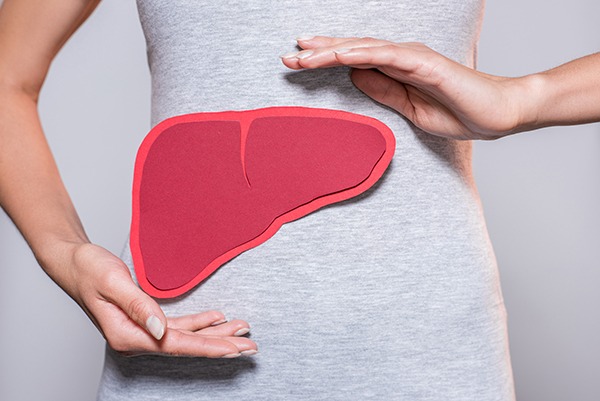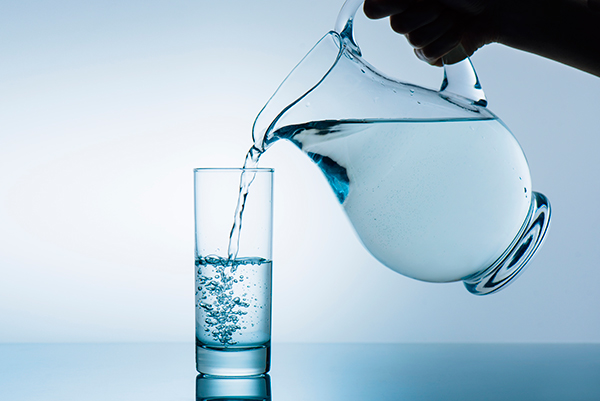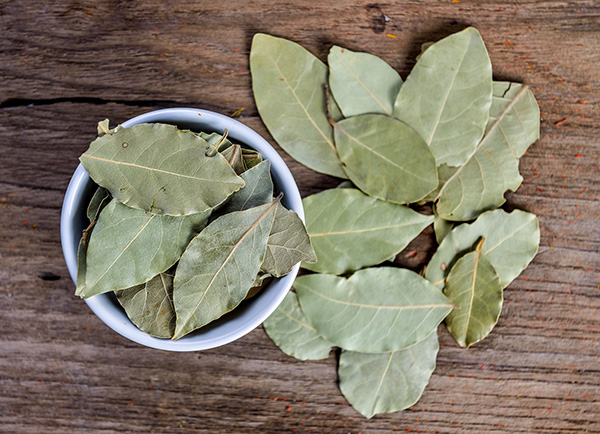Can You Eat Tea Leaves?
Have you ever wondered if eating tea leaves is safe or beneficial?
In this article, we will explore the answers to these questions and delve into the potential benefits and drawbacks of consuming tea leaves.
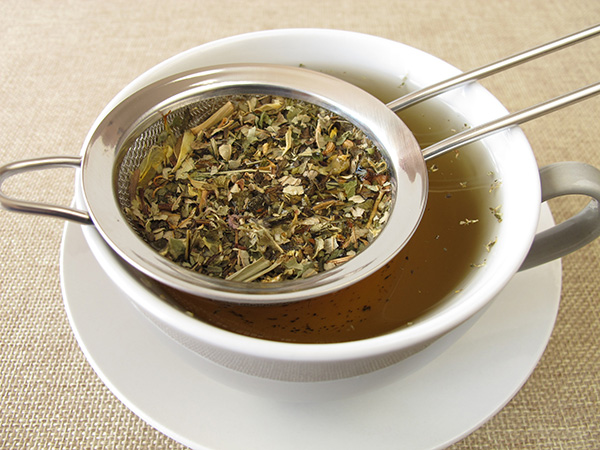
Can You Eat Tea Leaves?
Yes, you can eat tea leaves. Consuming a small amount of tea leaves is generally safe, but it is unnecessary as you do not gain any significant additional benefits from eating the leaves compared to drinking tea.
In some cultures, tea leaves are consumed as a part of traditional dishes, such as in Myanmar, where tea leaf salad is a popular and delicious dish.
Furthermore, if you’ve ever had matcha, you have already consumed ground green tea leaves. Many food recipes also use tea leaves, particularly matcha, as an ingredient for flavor or texture.
Can You Eat Tea Bags?
While it’s technically possible to eat the tea from a tea bag, it’s not advisable as it may cause stomach discomfort. You should not eat the actual tea bag itself. The tea in bags is usually not pure tea leaves and may contain other undesirable substances, such as dust from the factory or debris.
Higher-quality tea bags are less likely to contain such contaminants, but avoiding consuming tea from tea bags is still better.
Additionally, tea bags may contain additives, such as paper, glue, or other materials, which are not meant for consumption.
What Are the Benefits of Eating Tea Leaves?
Eating tea leaves may offer some benefits, although they are not significantly different from those obtained by drinking tea. Some potential benefits of consuming tea leaves include:
- Higher concentration of nutrients: Freshly picked organic green tea leaves contain more antioxidants compared to drinking tea made from the same leaves. However, these additional benefits relate to fresh tea leaves. Drinking dried tea leaves after you’ve steeped them may not have the same benefits.
- Unique flavors and textures: Some tea leaves, particularly those used in traditional dishes, can add unique flavors and textures to food recipes.
What Are the Side Effects of Eating Tea Leaves?
There are a few potential side effects to be aware of when consuming tea leaves:
- Digestive issues: Tea leaves can be difficult to digest due to their coarse fiber content. Consuming large amounts of tea leaves may lead to constipation or other digestive issues.
- Higher caffeine content: Eating tea leaves can result in a higher caffeine intake, which might cause issues for sensitive individuals or those trying to limit their caffeine intake.
- Possible toxins in cheap teas: Low-quality tea leaves may contain toxins, particularly those found in cheap tea bags. It is better to consume high-quality loose-leaf tea if you choose to eat tea leaves.
Is It Okay to Drink Tea Leaves?
It is generally safe to swallow some tea leaves while drinking tea. In some tea houses in China, green tea is prepared by putting the leaves directly into a glass of water, allowing for the occasional consumption of leaves.
However, it is essential to use high-quality tea leaves to minimize any potential risks associated with ingesting lower-quality tea.
Final Thoughts
Eating tea leaves may be a novel idea in the West, but it is relatively common in some Asian countries. As long as you consume high-quality tea leaves in moderation, it is generally safe to do so. However, it is essential to be aware of the potential side effects and to choose fresh or dried green tea leaves over lower-quality tea bags whenever possible.
FAQ
A Tea Bag Broke, Can I Still Drink It?
If a tea bag breaks, you can still drink the tea, but you might find some tea leaves floating in your cup. If the tea leaves are of good quality, it is safe to swallow them while drinking.
Can You Eat Green Tea Leaves?
Yes, you can eat green tea leaves. Green tea leaves, particularly those that are fresh or high-quality, can be consumed safely. They are often used as an ingredient in various dishes, such as matcha-infused dishes, and in traditional preparations like the Burmese tea leaf salad.
Consuming green tea leaves may offer some health benefits due to their rich antioxidant content, but these benefits are not necessarily higher than when drinking tea.
Can You Eat Black Tea Leaves?
While it is not as common as eating green tea leaves, you can also consume black tea leaves. Like green tea leaves, black tea leaves contain antioxidants and other beneficial compounds. However, be cautious about the amount you consume, as black tea leaves may have higher caffeine content than green tea leaves, which could lead to side effects if consumed in large quantities.

